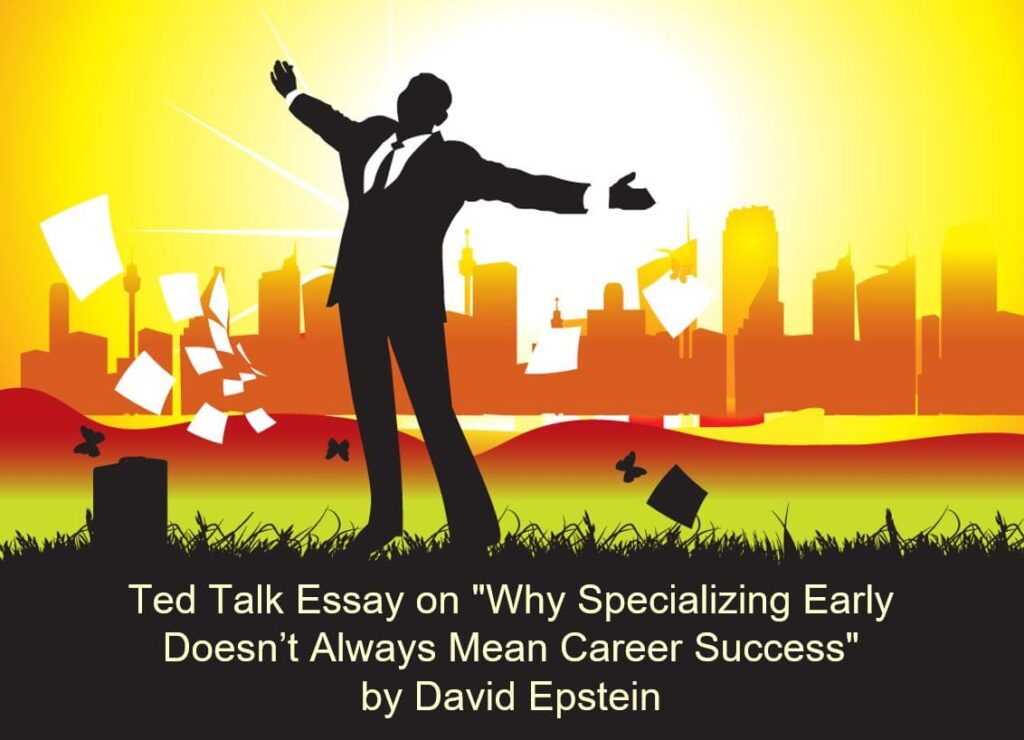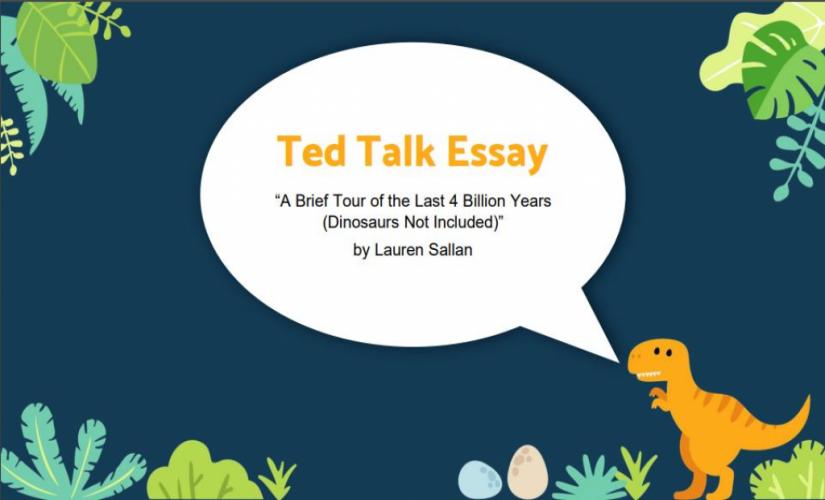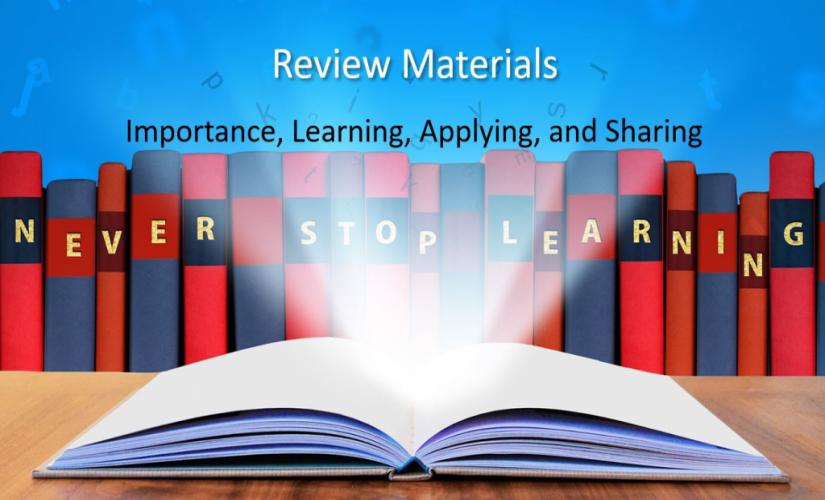Today, people believe in diversity when seeking success in careers. On a global scale, employers are often looking for individuals with interdisciplinary and multidisciplinary skills. They focus on people capable of influencing workplaces. In this Ted Talk essay on “Why Specializing Early Doesn’t Always Mean Career Success” by David Epstein, the author covers specialization challenges in life, the importance of grinding career paths, application of the information in professional environments, and the impact of diversifying viewpoints on issues, which are relatable topics to personal experiences when it comes to engaging in various activities before decision-making.
Making Career Choices
Specializing early in life has its challenges on a person’s ability to make career choices. Epstein’s analogy is based on the concept that personal development undergoes phases whereby scientists take note of the “sampling period,” where people try various physical activities and gain broad, general skills, which is crucial in identifying abilities and interests (01:42 – 01:50). Since the world is revolving, many employers are encouraging people to specialize in different fields to give them a competitive edge in the job market. Therefore, it is understandable that testing skills is crucial to personal experience when building a successful career.

Career Success
The relationship between the video and personal experience is that engaging in a range of activities before decision-making has a noticeable impact on career success. For example, Brown and Lent identified career and academic development counseling as crucial interventions for the youth (539). The correlation between academics and career development is that a person’s experience exemplifies the sampling period, enabling individuals to specialize in several activities. In this case, during my early development, I choose various fields to build a portfolio of potential skills required in the business environment through experience. Since sampling is significant in attaining skills, it is crucial to engage in multiple tasks to build a culture of extended horizons. Hence, the video is relatable because it epitomizes the importance of providing options in a person’s career path to ensure that he or she can fit in different environments.
Grinding Careers
Grinding career paths are supposed to have different attributes. The importance of experiencing a different option is that it allows a person to grind all viable career paths. Torii explains in her article that varied opportunities at all levels, such as excursions, jobs, mentoring, and career talks, offer valuable perspectives as young people develop (par. 13). Notably, due to varied experiences at an early stage, making informed decisions is possible because of the attained attributes. In the video, Epstein quotes golf as a sport that provides a “kind learning environment,” which ensures that a person is exposed to steps and goals clearly due to rules (06:34 – 06:40). During the development phases, I sourced learning environments where new skills were being trained. Thus, the desire to have options can motivate people to seek life-changing careers that suit their abilities.
Implementing Information
Information on specialization can be applied in professional environments. In a study by Yi et al., the authors reported that professionals in the human resource realms focused on creating workplaces with generational differences to build an infusion of skills (67). Basically, employers seek individuals with experience because of their ability to motivate others. In this case, it is due to the cultural experience obtained by engaging with people in different disciplines when choosing a career shift. Impactful patents are those with individuals making significant contributions based on valid assumptions (Epstein 09:27 – 09:33). All organizations reach a point when change is inevitable, and hiring different skill sets can offer them the developmental path. As a result, people should have the inspiration to acknowledge the positive steps toward successful careers.
Workplace Failures
Patents have an impact based on failure. Workplace failures and delays are often due to ego when individuals fail to see the broader picture. For instance, Epstein says that one athlete “tried some tennis, skiing, and wrestling” (05:36 – 05:38). In this case, successful individuals and businesses consider failure as a crucial foundation for further success, which has to be accepted by all. Therefore, Epstein shows the importance of offering a broad spectrum of options during early career development because it fosters diversity and long-term benefit.
Summing Up
In conclusion, specializing early has its detriments on career success. Basically, specializing early brings challenges in terms of choosing career options. In this case, it is notable that decision-making can be affected by engaging in activities. Moreover, grinding career paths are supposed to have different attributes. In turn, information on specialization can be applied in professional environments. Impacting patents is based on teamwork. Thus, individuals specializing at an early stage should have different options to foster career success.
Works Cited
Brown, Steven D., and Robert W. Lent. Career Development and Counseling: Putting Theory and Research to Work. Hoboken, New Jersey, John Wiley & Sons, 2013.
Epstein, David. “Why Specializing Early Doesn’t Always Mean Career Success.” Ted Talks. www.ted.com/talks/david_epstein_why_specializing_early_doesn_t_always_mean_career_success.
Torii, Kate. “Why School Kids Need More Exposure to the World of Work.” The Conversation, 2018, theconversation.com/why-school-kids-need-more-exposure-to-the-world-of-work-100590.
Yi, Xiang, et al. “Variation in Career and Workplace Attitudes by Generation, Gender, and Culture Differences in Career Perceptions in the United States and China.” Employee Relations, vol. 37, no. 1, 2015, pp. 66-82, doi: 10.1108/ER-01-2014-0005.


